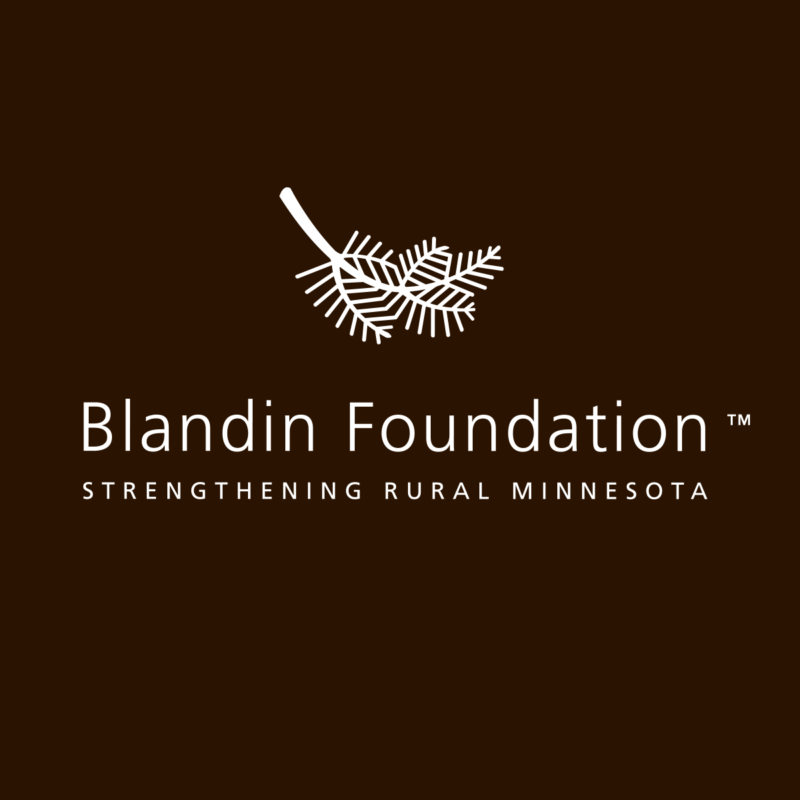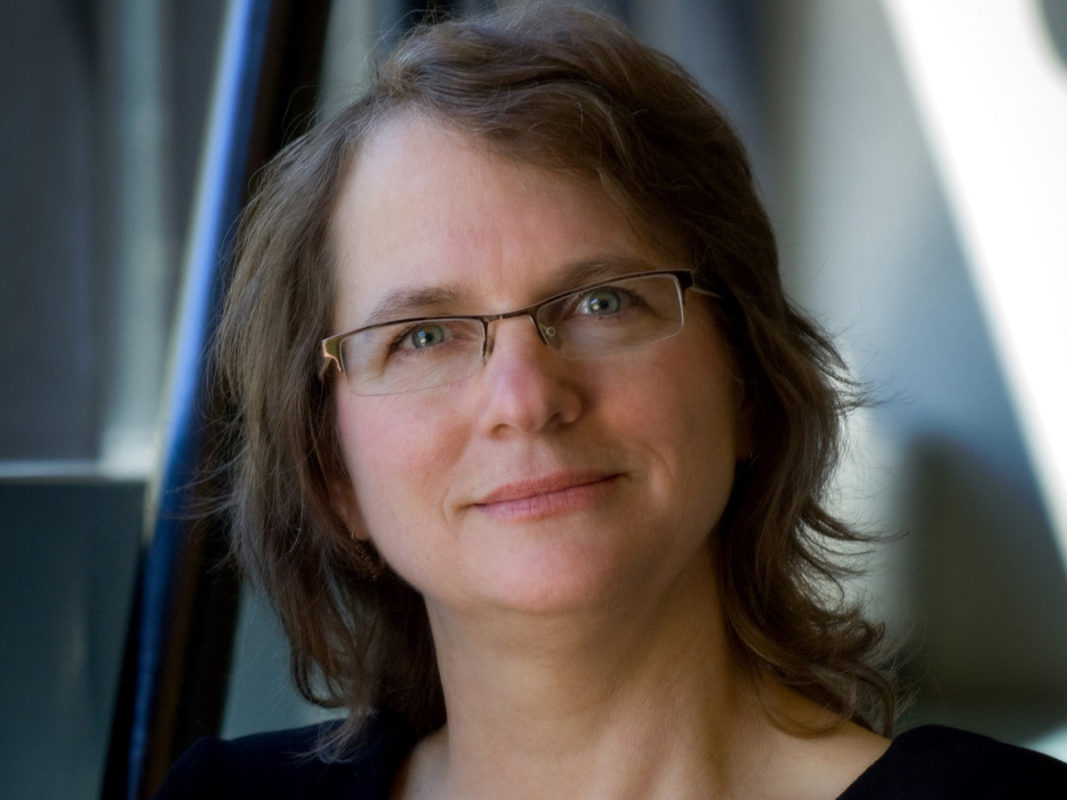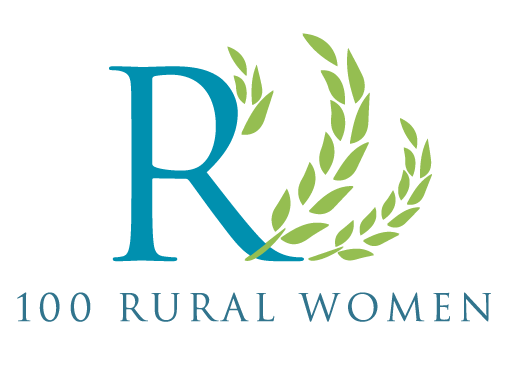“We are the leaders that we’ve been waiting for.“
Bernadine Joselyn, based in Grand Rapids, is the Director of Public Policy & Engagement at the Blandin Foundation. Their focus lies in strengthening rural communities. (https://blandinfoundation.org/) She loves this work because of the opportunity to help rural people imagine their desired future and then work together to make it so. She feels privileged to do mission-driven work and to see how people have hope and feel efficacious and motivated to be involved. After graduating from the University of Minnesota, Joselyn worked and lived abroad. As much as she appreciated that opportunity, she found her way back to rural Minnesota. She feels pulled to rural because it helps her connect to community and place in a way that she can really appreciate after having lived in a lot of big cities.
Bernadine has been involved in 100 Rural Women as an attendee, a book club member, and a speaker at a webinar.(https://100ruralwomen.org/projects/breakfastclub/april-2021-webinar/)
We are so fortunate to have Bernadine in our community at 100 Rural Women and to have had the opportunity to speak with her for our Spotlight Profile Series.

How are you connected to 100 Rural Women?
Through 100 Rural Women, I have been inspired by stories of connection to place and by a community of women who care about place. I mean doesn’t just the name 100 rural women make you curious and excited?
Here we are today with 3 amazing young rural women. So, I am really inspired by the opportunity to meet the women that I’ve met through this organization by their stories, aspirations, and hopes. This series is a great example. Another fun thing I’ve done through 100 Rural Women is the book club!
What is your connection to rural America?
My connection to rural is rooted in Nebraska as both of my parents were born and raised in northeast Nebraska. I remember being in the backseat of our station wagon to drive down to the farm for Thanksgiving dinner as a child. It was the whole kind of central-casting farm in northeast Nebraska. I remember riding on my great-grandfather’s knee while he was driving his tractor, getting the eggs out of the chicken roost, and the corn crib. My husband and I spent two weeks this summer touring Nebraska cemeteries to find and visit ancestor graves.
I’m deeply connected to it through my family, through my roots. The smell of the prairie and the wide-open spaces really feed my soul and make me feel connected to my past and future.
How do you lead change in your community and how can your community better support rural women?
That’s a great question, that’s what we all want to do…at least be a part of change. I’m not sure that it’s about leading as much as creating or co-creating. Everybody is a leader. Everybody’s perspectives and experiences are a part of the solution. Better together.
In my experience, the biggest barrier to community engagement is cynicism and apathy. Positive change is usually 20% technology (the new solution) and 80% sociology. People check out, they’re overwhelmed and maybe also under-resourced. I think that helping people experience and believe in what we can do together and that we have both an opportunity and an obligation to make the world better is the first step. It’s big to just help create conditions where people can come together and have conversations about the future that they want to live into and remind everybody that we are the answer. Creating and maintaining belief in the opportunity we all have to make our world better is key. Groups or teams that tend to their relationships with one another and commit to learning together have the best chance for sustained and rewarding engagement. We are the leaders that we’ve been waiting for.

Tell us about a moment you felt discouraged and how you overcame it
On the day of this interview, September 1st, 2021, I am very discouraged about the news that came out about Texas yesterday. About the decision to essentially ban abortion. I’ve been thinking about my parents, both of them, 20 years ago, working for the Teen Annex, which was medical help for pregnant teenagers. Back in the day, there was actually kind of an underground railroad to get young girls and women out of MN to NYC, which was the only place you could get abortions then. I’m just so discouraged that here we are again.
How I overcame it is turning to one another. I’m hoping that we all stand up and speak out that we just cannot let this stand.
I felt very discouraged earlier this summer when I saw a sign on the door of the little country store near our cabin in Cass County that said, “Your health is your own business,” and declaring the store would not enforce mask mandates. I resolved to continue wearing my mask in their store and to commit to learning more about the reasons they resist the message that we are all doing better when we look out for one another. Tapping down judgment and replacing it with curiosity has helped me avoid a descent into bitterness.
If you could bring one piece of advice to your former self, what would it be and why?
Well, I think one piece of advice to my earlier self would be not to care so much about what other people think. You know, being able to look yourself in the mirror and have personal integrity and pride that you are living a life in alignment with your own values, it’s much more satisfying and important than what other people think of you.
As for work, in the end, you do the work for people. It is the quality of your relationships that matters most. Don’t sweat the details.

What has been your biggest inspiration?
Lately, I’ve been doing a lot of work in my family genealogy—I’m really interested in my family history. I’ve been inspired by reading the stories of my forebearers, my great-grandmothers and great-great-grandmothers, and their life on the prairie as homesteaders. They came across and built new lives with very little. Stories of the hardships faced by my forebearers inspire me to quit-my-belly-achin’ and get to work. I think to work hard and get up early and try to make every day count. I get inspiration from the women and men, but mostly the women that are in my family. Compared to my mother and grandmothers and great grandmothers, I have enormous opportunity. For inspiration, I imagine what they would think about how I spend my time and energy.
Where do you see rural women can transform in the future?
I don’t think there’s a silver bullet answer. The secret sauce of rural women is that it’s built on conversation. I think conversation is the most catalytic thing we can do together. Think about it, everything worth doing that’s hard started with a conversation.
Just helping to create space, hold space, and invite people to connect with & support one another is transformative. The thing that’s so unsatisfying with that answer, is it’s so retail, so atomized, so one-by-one-by-one. But it is heart and soul, right? It’s changing hearts and minds and making people feel confident. It’s being in a relationship with one another. Conversation is central to that. So that’s what I would say.
Bernadine’s book recommendation:
Emergent Strategy: Shaping Change, Changing Worlds by Adrienne Maree Brown
Want to keep up with Bernadine?
Follow her on socials! @brjoselyn


